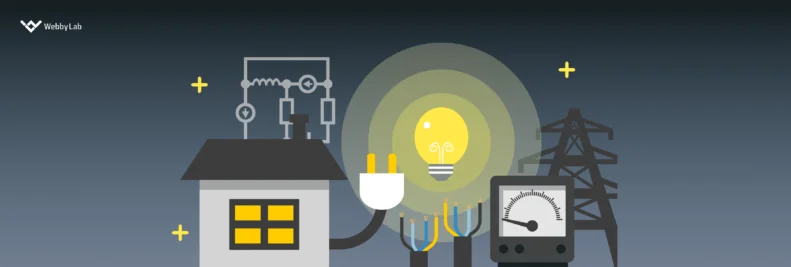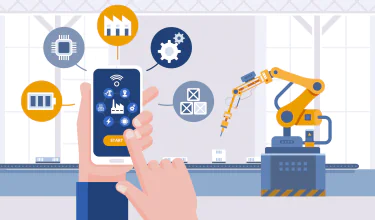6 Advantages of Smart Meters for Utilities
Written by:

Kostiantyn Oliynyk
Head of IoT at Webbylab
With a robust academic background in Telecommunication Systems Engineering, I apply my knowledge to lead innovations in the IoT domain. Starting as the first team member in the newly formed IoT department at WebbyLab, I've spearheaded its growth, fostering the expansion into embedded and hardware development alongside our core software projects. My dedication lies in pushing the boundaries of IoT technology, fostering a culture of innovation and excellence that profoundly impacts our clients' operational success.
The cost of creating your smart metering system can vary widely depending on several factors, such as the scale of the project, the type of technology used, and the level of customization required. You’ll face hardware, software, and installation expenses ranging from a few hundred dollars to several thousand.
Smart meters don’t necessarily need Wi-Fi to function. While some use Wi-Fi to transmit energy consumption data, others can employ different communication methods like power line communication (PLC) or cellular networks.
The advantages of smart meters for businesses include cost savings, better decision-making, more accurate billing, sustainability, improved efficiency, and enhanced customer experience.
Smart metering solutions will likely develop in cybersecurity, IoT, distributed energy resources, and advanced analytics. These technologies will also experience increased adoption across households and businesses.










![The Future of Smart Farming Using IoT [Webbylab`s Experience]](https://webbylab.com/wp-content/uploads/2023/02/examples-of-iot-solutions-for-precision-agriculture-347x260.png)



